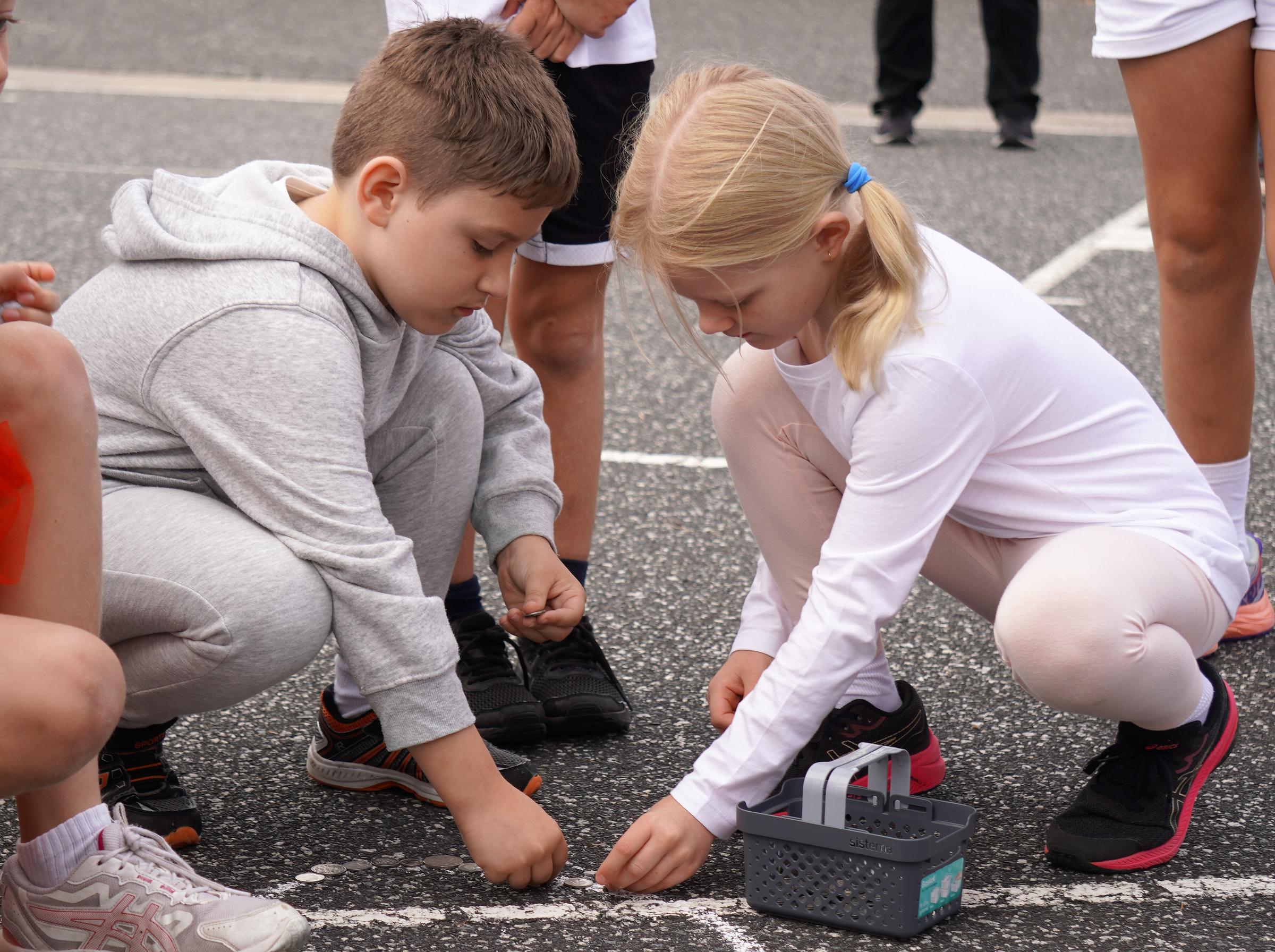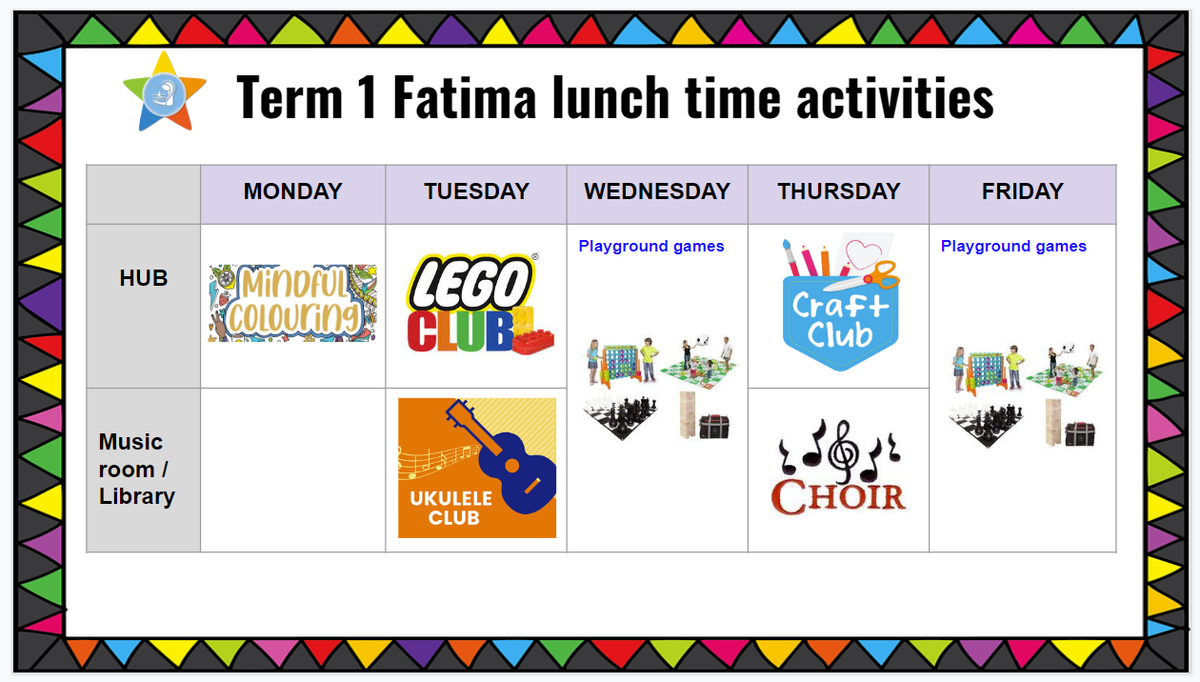Wellbeing
'In a world where you can be anything, be kind.'

Wellbeing
'In a world where you can be anything, be kind.'
It has been so nice to see and hear the happy buzz around the school throughout the classrooms and playground. Whilst some students are eager to return, others may be feeling anxious about new classrooms, teachers, students and routines. Each class is spending the first weeks engaging in a range of activities to build relationships and reinforce expectations for learning and behaviour. Establishing an environment with predictable consistent routines where all students feel safe and valued.
By Georgina Manning
Listen to children’s concerns and feelings
It can be normal for children to feel anxious about going back to school for a new year. There are new faces, new teachers, new routines, new expectations and classroom environments. This appropriate anxiety response can be managed by helping children talk about what they are worried about. Try to name the emotion your child is feeling and help them to identify what it is they are worried about. Naming the emotion for your child helps them to ‘tame’ the emotion. We don’t need to jump into problem solving for our children, a more helpful strategy is to just listen and try to understand how your child is feeling and what they are worried about. Just talking about it and having their feelings and concerns validated, is often enough.
Get back into a routine
Routines are vital for children as it helps give a sense of safety and predictability. Turn off screens at least an hour before bed followed by a nightly routine such as doing a relaxing activity followed by a bath, reading or being read to and then sleep. A daily wind down activity is not only vital to relax and brain and body, but can be a great bonding time as well. Board games, jigsaw puzzles, Lego or colouring in are great examples of wind down nighttime activities that all members of the family can do together.
Create visuals for routines
If children become familiar with what needs to be done each day and getting things prepared, helps take out some of the daily stressors, particularly getting back to school. Kids love visuals to help them know what to do each day so have fun creating a list they can decorate and stick up in their rooms of all the things that need to be done each morning and night. There will be more success of children independently completing their daily tasks if they have ‘buy in’ from the beginning by helping to nut out what needs to be done so the day runs smoothly. Things on the list for night-time (depending on age) can be things like getting out school clothes ready for the next day, homework done, reader/homework in bag and brushing their teeth. In the morning examples can be things like getting dressed, brushing teeth and packing their school bag with lunch. Help your child refer to their checklist so they can start to manage their daily tasks independently instead of nagging and yelling to get things done. If they need reminding, guide them to look at their list and ask them what else needs to be done, rather than telling them what to do. Use a calendar to mark in important days such as sports days or excursions so they know what is coming up and can prepare for it.
Allow time
Allow enough time in the morning to get everything done. The more that can be done the night before will help to ease the stress in the mornings. Have school clothes and shoes out ready to just pop on instead of rushing around trying to find the right socks or clean uniform, which only creates nagging and stress. Having as much packed the night before is also helpful. Having this checked off the night before on their visual ‘to do’ list helps children to feel more in control of their day to day tasks. Having a relaxing breakfast, even if isn’t for too long, can be a great start to the day. Rushing while eating sets our children up for feeling stressed by the time they get to school.
Practice, Practice
For younger children it is helpful if they can practice packing their school bag, putting on their school jumper, taking the lid of the drink bottle and tying school laces. Yes, this can seem a bit unnecessary but there are lots of children who struggle to unpack their lunch and take on and off jumpers at school which causes unnecessary stress.
Making an action plan of who is taking your child to school and letting your child know where you will be picking them up will ease some of the unknowns for very anxious children.
Making lunch times extra special!
We have a variety of lunch clubs our students can attend to learn, socialise with groups of multi-age students, 'take a break' from the playground or try something new. Lunch Clubs provide students with other options and an opportunity to foster social skills.

